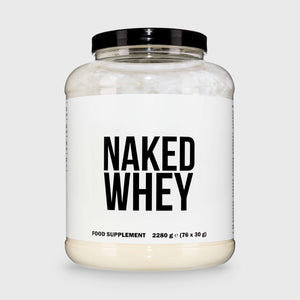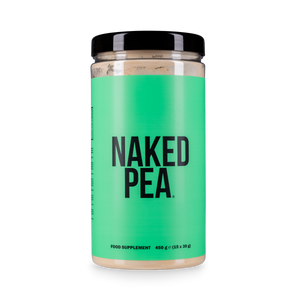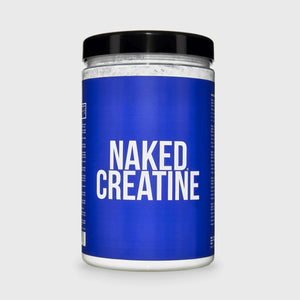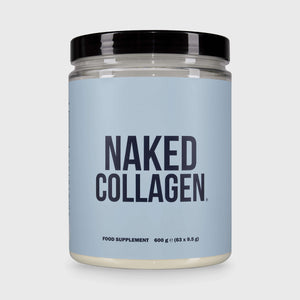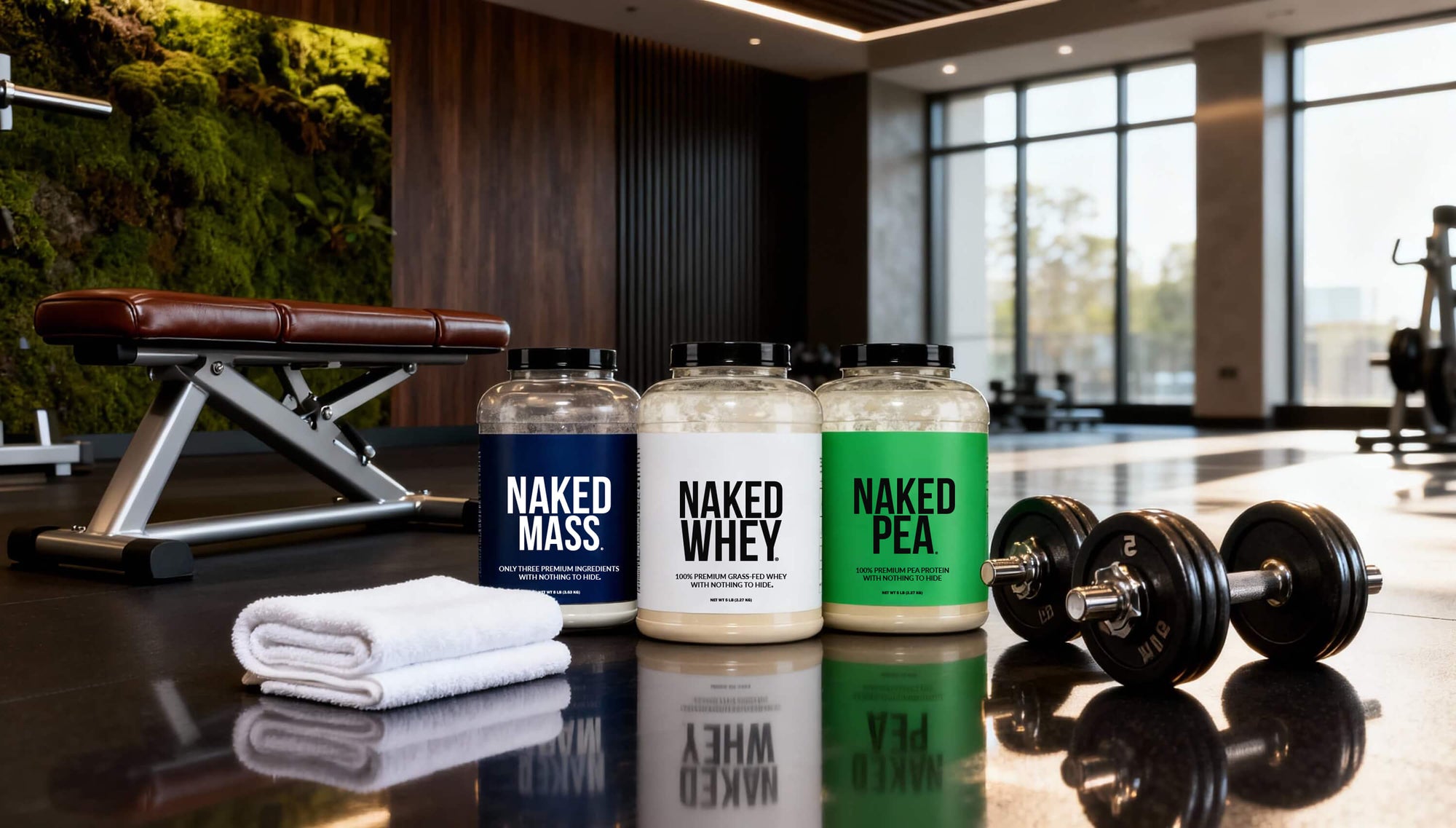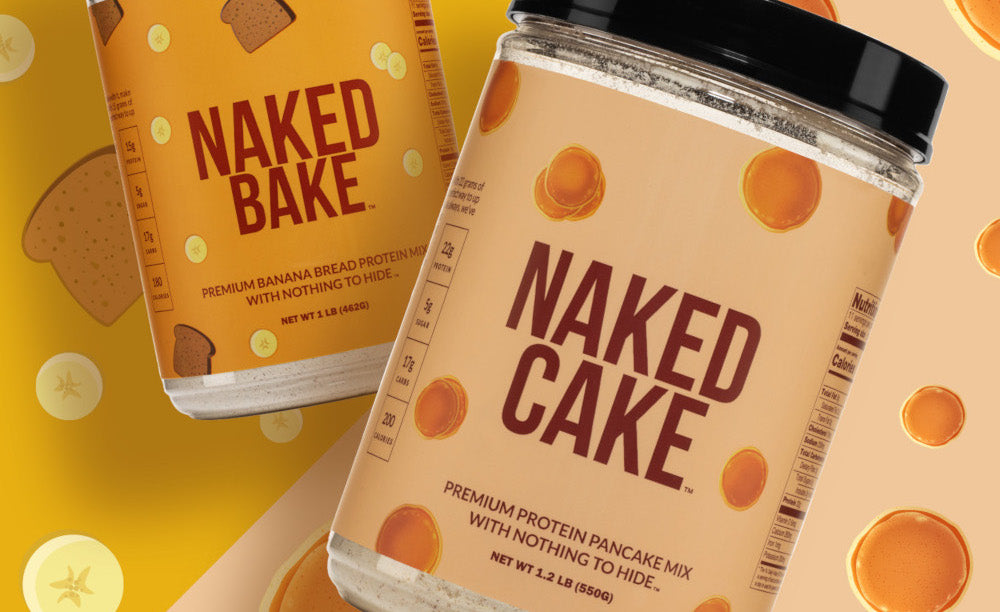You’ve heard the hype about whey protein, but what about casein?
Casein is the other protein found in milk. It makes up about 80% of the milk proteins and is best known for its slow-digesting properties compared to whey protein [1].
But why does that matter?
Whey protein digests quickly, giving your muscles access to essential amino acids for optimal muscle growth. Casein digests slower, giving your muscles a steady flow of amino acids ideal for exercise recovery and sustained anabolism during periods of fasting.
While both are great options, not enough people are talking about the benefits of casein. This guide will go over when to take it, how to use it, and how it compares to other proteins.
What Is Casein Protein?

Casein is the predominant protein found in cow’s milk. It makes up about 80% of the total protein in milk, with whey protein making up most of the other 20% [1].
There are two common forms of casein you might find in supplements: micellar casein or casein hydrolysate. These different forms of casein produce different results because of their digestive speed [1].
Micellar casein is the natural form of casein protein, which has a slower digestion rate than casein hydrolysate, which has been broken down into smaller peptides for faster absorption [2].
The slow release of protein from micellar casein can help give your muscles a constant stream of amino acids to help prevent muscle breakdown by maintaining a positive protein balance during periods of fasting (such as when you are asleep). These amino acids also help to promote muscle recovery and growth [3].
Benefits of Casein Protein

The sustained release of amino acids from casein protein makes it so effective for exercise recovery. In fact, its digestion rate is one of the main benefits of casein.
Studies have found that repeated use of pre-sleep casein protein (about 40 grams of casein protein 30 minutes before bed) post-exercise may optimize muscle strength and hypertrophy (aka growth).
It’s believed these positive effects can be attributed to the increase in plasma amino acid availability during sleep, which aids in increasing MPS and reducing protein breakdown as well as reducing exercise-induced muscle damage [3].
To put it simply, the constant steady flow of amino acids gives your muscles what they need to skip the inflammation, avoid the breakdown, and create a positive protein balance that supports growth.
Additionally, casein’s slow digesting properties can help boost metabolism and satiety while preserving a positive protein balance, making it ideal for supporting fat loss without muscle loss.
When Should You Take Casein Protein?

If you are hoping to reap the benefits of overnight recovery, take casein before bed, about 30 minutes before laying down (if taken as a liquid supplement). If you are putting casein in food, you may wish to wait 1-2 hours to avoid digestive upset.
You can also take casein between meals during long fasting periods. For example, if you don’t typically have lunch, you may want to have casein between breakfast and dinner, or if you intermittently fast and have a small eating window, you may want to include casein right before your fasting window starts again.
Casein may also be beneficial to include when trying to lose weight or improve body composition, such as during a cut. This is because the slow digestion rate of casein helps to keep you full for longer, which can aid in caloric reduction.
Some suggest that casein can be used as a pre-workout; however, because of its slower digestion rate, it’s more ideal post-workout compared to a faster digesting protein like whey.
How Much Casein Should You Take?

Because casein is a type of protein, the same rules apply for beneficial dosages as you would expect for other proteins like whey. Most protein supplements, including casein, have portion sizes of about 25-40 grams of protein per serving.
You can include casein protein as a tool to help you hit your daily protein goals, whether you take a casein shake or include casein powder in food to boost the protein content. It can be just as versatile as whey protein, but make sure that you aren’t skipping out on your food sources of protein throughout the day, as these are just as important for muscle growth.
How much protein you need daily depends on your weight, training intensity, and fitness goals. The average adult should aim to get at least 0.8 grams of protein per kilogram of body weight. That means if you weigh 150 pounds, you need to get at least 55 grams of protein per day.
However, those trying to build muscle or who have body recompostion goals will need a lot more than this, which is where supplements come into play.
Casein vs Whey: Which One Is Better?

If you’re stuck between the two, think about it this way.
Whey digests fast, which means it’s great as a pre or post-workout protein source to give your muscles immediate access to the essential amino acids they need to repair and rebuild.
Casein digests slowly, giving steady doses of amino acids to your muscles to help repair and rebuild during long periods of fasting.
You aren’t limited to one or the other. Instead, you can use both strategically, such as taking whey protein post-workout and then taking casein at night before bed.
Both casein and whey are high-quality protein sources that can aid in muscle growth and post-exercise recovery, but they do have different amino acid profiles.
For example, whey protein contains more branched-chain amino acids (BCAAs), which are known for their ability to help stimulate muscle protein synthesis (MSP), which is the process of creating new muscle tissue. This makes whey more suitable pre- or post-workout for muscle building than casein, which has higher proportions of the amino acids histidine, methionine, and phenylalanine [4, 5, 6].
Does Casein Help Build Muscle?

Yes, casein can be effective for muscle growth however, this is only true if total daily protein intake is at optimal levels. You won’t grow muscle if you don’t get adequate protein through your diet.
For the adult population, it’s recommended to get at least .8 grams of protein per kilogram of body weight per day. To build muscle, you need more. Most research suggests anywhere between 1.2-2 grams of protein per kilogram of body weight per day [7, 8].
Casein can be effective for muscle growth during both bulking and cutting phases because it provides a slow release of amino acids to support muscle protein synthesis during long periods of fasting while also promoting satiety to aid in a reduced calorie intake for fat loss. Additionally, casein can help to preserve muscle from breaking down when eating in a calorie deficit [9].
While both casein and whey contain BCAAs, which help stimulate MPS, the leucine content in casein is lower than in whey (about 8.5% compared to 12.5%). Leucine is crucial for activating MPS and regulating protein synthesis through mTOR pathway stimulation.
While this doesn't mean casein is less effective, some studies do support whey protein as a better option for a more potent and rapid increase in MPS compared to casein [10].
Is Casein Good for Weight Loss?

Casein, while effective for muscle growth and recovery, may also be beneficial for weight loss due to its slow digestion rate.
A high-protein diet is beneficial for anyone trying to lose weight as protein is more satiating compared to other nutrients, such as carbs and fat. This makes maintaining a calorie deficit easier.
Casein is a protein that digests slowly, meaning you get full faster and stay full for longer. As mentioned above, it also helps to preserve lean muscle mass when in a calorie deficit to maintain a high-functioning metabolism, especially during phases such as cutting [9].
This means casein may be particularly helpful at improving body composition, and not just weight loss, when used strategically.
How to Use Casein Protein
If you are new to casein protein, it’s important to note that its mixability, taste, and thickness differ from whey.
Casein tends to be thicker with more of a grainy texture compared to whey, which makes it less dissolvable in fluids. They are relatively similar in taste, both mild in flavor, and can be easily incorporated into foods, such as baked goods.
You can use casein protein just like you would whey in many different recipes, including protein pudding, smoothies, overnight oats, and pancakes.
Who Should or Shouldn’t Take Casein?

Casein tends to be a great option for a lot of people.
It’s particularly beneficial for those who lift and are focused on muscle recovery, those who go long periods of fasting, such as skipping breakfast or intermittent fasting, and anyone who is struggling with hitting their protein targets by the end of the day.
Casein protein may not be a good fit for those with a dairy or casein intolerance. Some people with IBS may find casein to be triggering their symptoms and wish to avoid this protein as well.
Casein Supplement Quality: What to Look For
If you want to start taking a casein supplement, you want to make sure you get a good one.
First, note what form of casein you are getting. As mentioned earlier, micellar casein is casein’s natural form. If you see casein labeled as calcium caseinate, it’s a processed form of casein that was made to help increase absorption. This means it digests faster.
Look for clean labels. This means avoiding products that contain added sugars, artificial flavors, preservatives, gums, or other fluff you don’t want or need.
Ideally, choose a casein protein that has a high-quality source, such as casein from grass-fed, pasture-raised, hormone-free cows.
Lastly, look for third-party testing. This means the product was evaluated by a separate entity to ensure its quality and purity.
Key Takeaways
Casein is a slow-digesting protein ideal for recovery and muscle maintenance. It is best used before sleep or during prolonged fasting, which makes it unique compared to its popular whey protein counterpart.
Casein can help to support fat loss and muscle retention when losing weight and works complementary to whey for a full-day protein strategy.
While whey protein is the most talked-about protein supplement for muscle growth, casein deserves a name in the game. If you haven’t included casein in your fitness goals yet, it’s about time you did.
